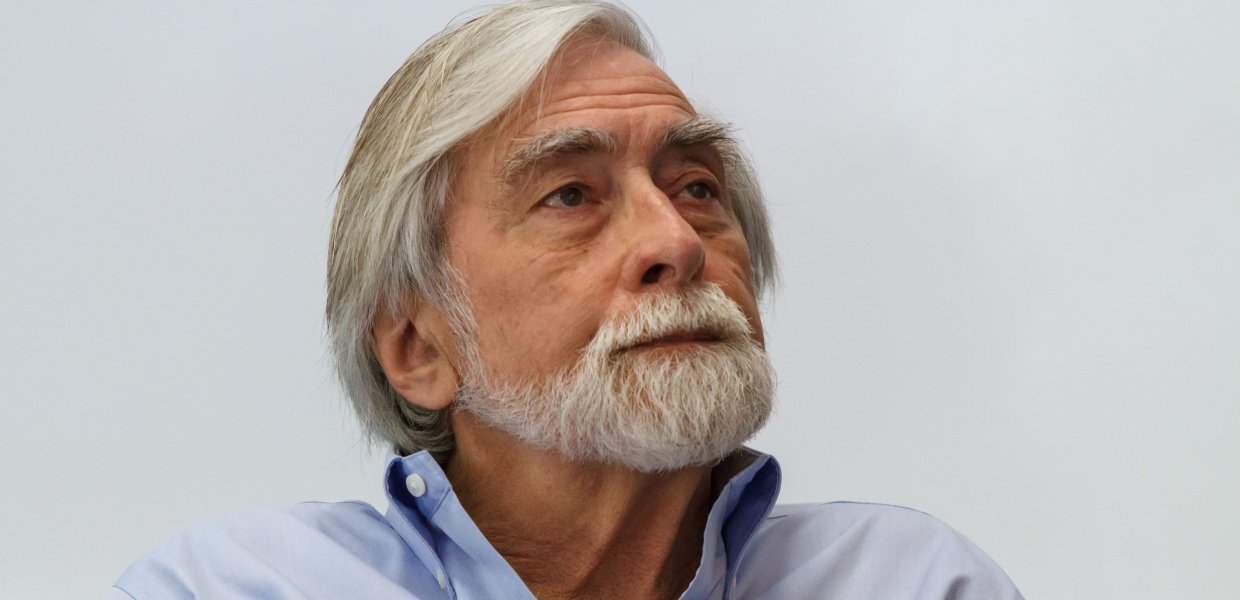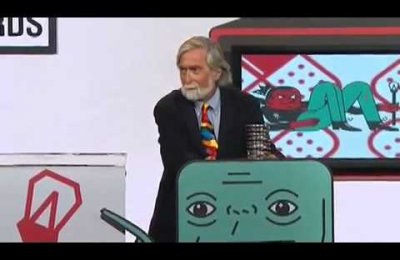At USC Annenberg, media and entertainment go hand in hand.
This belief was solidified several years ago, when a committee devoted to entertainment studies at USC Annenberg was formed, Professor Alison Trope recalled.
The committee examined the school’s entertainment courses and programs, as well as Annenberg’s “place in the larger university sphere in terms of entertainment studies,” and the result was the Communication and the Entertainment Industry minor.
The minor was built around its cornerstone course, COMM 300: “Foundations for the Study of Entertainment, Communication and Society,” which has been taught since the mid-2000s. Trope, who teaches several courses for the minor, said the minor aims to address the scope of entertainment studies.
“I think that the word ‘entertainment’ can mean a lot of different things,” Trope said. “In the context of the minor, I think we’re trying to look at different media industries that fall under that general umbrella of entertainment.”
Those industries include film and television, advertising, fashion, music and social media, which are examined from an economic and cultural standpoint as “products and commodities.”
In many ways, Trope said, the minor provides “the foundation of critical analysis that is at the base of a liberal arts education.”
The core courses — COMM 300, COMM 310: “Media and Society,” “COMM 384: Interpreting Popular Culture,” and “COMM 395: Gender, Media, and Communication” — demonstrate the breadth of the minor’s curriculum.
COMM 310, taught by Professor Robert Scheer, looks at “big picture issues,” welcoming a different guest speaker each week.
Rania Aniftos, a sophomore Print and Digital Journalism major, recently declared the minor and is taking COMM 310. So far, her class has been visited by former USC football players, former White House counsel John Dean, The Wrap founder Sharon Waxman and this week, Hustler magazine founder Larry Flynt.
“It is really interesting to see how all the controversial topics they speak about — from concussions in football to pornography to political scandals — are affected by the media,” Aniftos said.
She added that public opinion can also be drastically influenced by how the media portrays a story.








